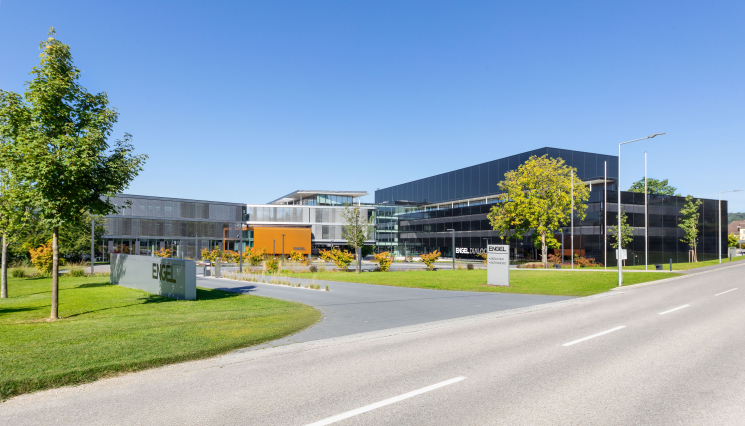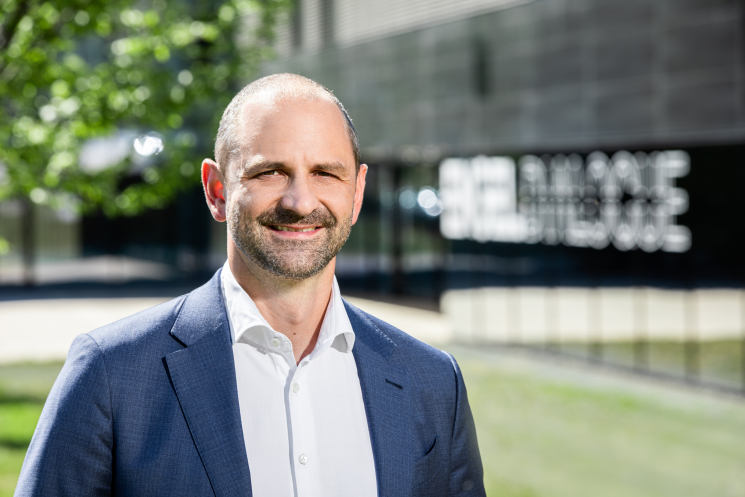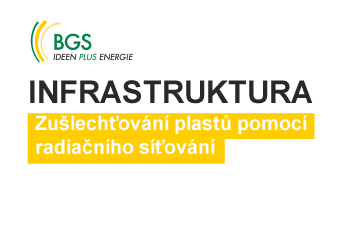ENGEL: What are the challenges facing the plastics industry in 2021?
After a long break, ENGEL presented itself at FAKUMA 2021. "The markets are recovering faster than expected," says Dr. Chris-toph Steger, CSO of the ENGEL Group. "The demand is huge, and the plastics industry is tak-ing a very dynamic approach to tackling the challenges of digitalisation, cli-mate change and the transformation of the automotive industry."
"We expect to be able to increase our order intake by around 30 percent year-on-year by the end of the fiscal year in March next year," Steger underlines. "This will allow us to close the 2021/22 fiscal year with sales close to the pre-crisis level." In the previous fiscal year 2020/21, the ENGEL Group generated a turnover of 1.1 billion euros. Prior to that, the figure was 1.3 billion euros in the 2019/20 fiscal year.
However, the outlook is still clouded and fraught with major uncertainties. Risk factors include material bottlenecks, massive increases in raw material prices and the Corona pandemic, which has not yet been beaten.
Investment backlog in automotive cleared
The automotive industry is back with a bang. "The investment backlog has cleared, investments are being made again, and worldwide," reports Steger. "The focus is now clearly on electric mobility, and that requires innovative injection moulding solutions." But the fact that the production lines in some plants have come to standstill due to the chip shortage is already having an impact on investments in injection moulding technologies. The next few weeks and months will show the extent to which this will have a lasting impact on growth.
In the Technical Moulding business unit, which includes sports and leisure articles, household goods, and products for the construction and logistics industries, the boom in demand triggered by the pandemic is still being felt, although market saturation is expected soon in most areas. Due to strong growth, Technical Moulding has caught up with Automotive in ENGEL's revenue distribution, and is expected to remain at a comparable level in the coming years. In addition to the strong construction and logistics industry, machinery modernisation, a phenomenon which can currently be observed in many companies, is opening up a great deal of potential.
Medical technology has seen continuous growth for many years and was given an additional boost by Covid-19. In the meantime, demand in the diagnostics area is returning to normal. Lifestyle-related diseases such as diabetes and respiratory disorders are driving further growth in this business area.
 | |
| ENGEL, headquartered in Schwertberg, Austria. |
Packaging remains at a stable level. Innovative solutions with a focus on sustainability and the circular economy are opening up future potential here. The focus is on electrically driven injection moulding machines.
In the Teletronics Division, individual major projects for new products in particular are driving an increase in incoming orders. The increasing demand for connectors is particularly noticeable in Europe. The drivers behind this are the expansion of 5G and the trend towards cloud and smart home applications. Increased demand in the area of large machines is attributable to the trend towards ever larger TV screens. Vertical machines are currently benefiting from new sensor applications.
Strong growth in Western Europe and North America
After several difficult months from April to September 2020, business initially picked up again in North America and China. Europe followed with a slight delay, but is now "back in full swing," according to Christoph Steger. In Western Europe in particular, the level of demand in the first half of 2021 is at a record level. Eastern Europe is benefiting from the relocation of production facilities. In addition, the shortage of skilled workers there is pushing automation forward.
In North America, the ENGEL Group experienced a very strong first six months with growth in all sectors. The reshoring trend is also making itself felt in this region. At the same time, digitalisation is ensuring that higher productivity can be achieved in a cost-efficient way.
In Asia, China remains the biggest growth driver. The country is showing significant growth compared to the previous year, but has not yet reached pre-Covid levels.
Potential is opening up in India, where processors are investing in modernisation and capacity expansion. Government subsidy programs are supporting reshoring projects with the aim of reducing the dependence on China.
Southeast Asia and Latin America are still waiting for economic recovery to set in. Continued high infection rates and a still very low vaccination rate are holding back economic recovery in these countries. However, ENGEL is optimistic for Mexico, Brazil and Colombia in the second half of the year.
Shortage of materials is biggest challenge
The surprisingly rapid upturn, accompanied by an uncertain outlook are characteristic of the changed market situation in the long term. "The markets are becoming more volatile and demanding more flexibility from us," says Steger. "We are adapting to this."
But the biggest challenge at the moment is delivery bottlenecks in raw materials and components. Due to Covid-19 and the shift in consumption trends as a result of the pandemic, semiconductors in particular have become scarce on the market. This is aggravated by an increase in demand following the end of the lockdowns, which cannot be met by current supplies. Steel and steel products are following a similar trend. "Thanks to our very good cooperation with our suppliers and our global network of plants, we can largely avoid delays in delivery, though," emphasises Steger.
 | |
| Dr. Christoph Steger, CSO of the ENGEL Group |
Digitalisation for a more sustainable future
The transformation of the automobile, sustainability and digitalisation are the three major drivers of innovation that are gaining further momentum with the economic upturn. "Fakuma is happening at exactly the right time here," says Steger.
Covid-19 has clearly demonstrated the benefits of digital processes and the importance of digitalisation for competitiveness. The market penetration of digital solutions has accelerated. But, all told, the level of maturity in terms of the digitalisation of injection moulding processes is still heterogeneous. "A wide range of both field-proven and new digital solutions is available for all maturity levels," says Steger. "We are actively pushing for processors to grasp this opportunity and gear injection moulding production facilities for future requirements with a view to competitiveness, but above all to sustainability."
Digitalisation is an important enabler for the circular economy – this is clearly demonstrated by ENGEL's stand at the Fakuma show 2021. "Digitalisation helps us to leverage the full potential of the injection moulding machine, and to make production more efficient by doing so," says Steger.
- autor:
- Engel Austria




















